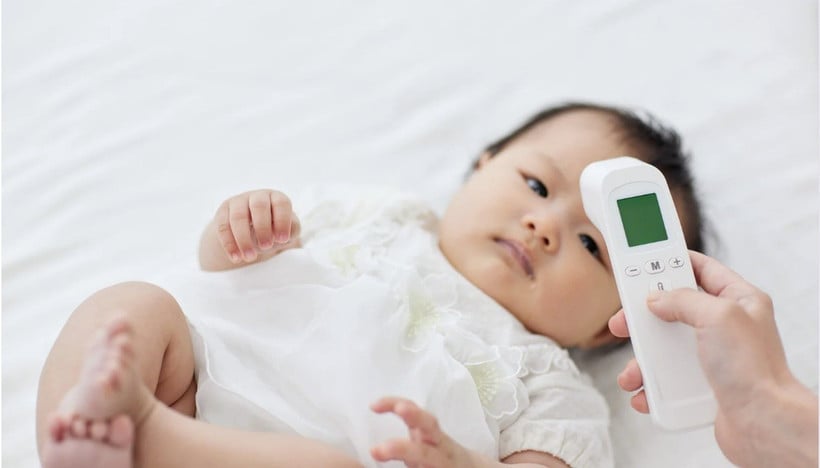
Recently, a video of a woman was shared widely online, explaining that fever is a beneficial reaction of the body, when fever means the body temperature increases, creating unfavorable conditions for the replication of viruses and bacteria. The video attracted thousands of views and comments.
According to this person's explanation, fever inhibits the growth and development of pathogens. At the same time, high temperatures also help stimulate white blood cells and other immune cells to participate in the process of "chasing" pathogens.
This person believes that reducing fever is like pouring cold water, causing viruses and bacteria to not be destroyed by natural body temperature but to grow and multiply. This causes the immune system to no longer function to fight harmful cells.
Therefore, instead of using medicine, this person thinks that when the child has a fever, he will do nothing, but observe and take care of the child; the important thing is to take good care, and "don't let the child have a fever" but need to supplement vitamins, nutritional supplements, probiotics... every day.
However, medical experts warn that misunderstanding the mechanism of fever and arbitrarily skipping fever-reducing medication can lead to serious consequences, especially in young children, the most vulnerable group.
Doctor Duong Minh Tuan, Department of Endocrinology - Diabetes, Bach Mai Hospital, asserting "no need to take fever-reducing medicine" is an irresponsible statement if specific conditions are not clearly stated.
"The saying 'no need to take medicine' is only true in a very few cases, such as children with a mild fever below 38.5 degrees Celsius, still conscious, eating and drinking normally. As for most parents, who do not have enough expertise to assess the level of fever or recognize dangerous signs, skipping fever-reducing medicine can put the child in a critical condition," Dr. Tuan affirmed.
Prolonged high fever can cause convulsions, dehydration, and impaired consciousness, especially in young children. Therefore, general statements about "no need to take medicine" are extremely dangerous.
Dr. Tuan also said that many people mistakenly think that high fever is simply a sign of the immune system working. In fact, when body temperature exceeds 39-40 degrees Celsius, the body's metabolism increases sharply, the heart and lungs have to work harder, leading to dehydration and exhaustion. If not well controlled, high fever can cause dangerous complications.
"A high fever that is not controlled for a long time can cause fatigue, lethargy, decreased appetite, leading to dehydration, electrolyte imbalance, exhaustion, and makes it difficult for doctors to clinically assess the patient due to overstimulation. Reducing fever helps monitor the disease progression more accurately. For example, if a child has a high fever and is still lethargic after the fever has been reduced, it is necessary to think of a serious infection," said Dr. Tuan.
According to the American Academy of Pediatrics (AAP), fever-reducing medications such as paracetamol (acetaminophen) or ibuprofen are used to help children feel more comfortable, improve eating and sleeping, and support the recovery process.
Fever-reducing medications do not kill the virus, but they help reduce discomfort and allow the body to recover more quickly. There is no official medical advice to support withholding medication to reduce fever.
According to the Ministry of Health 's instructions, high fever is a warning sign that the body is sick, often seen in conditions such as heat stroke, respiratory infections or other acute diseases.
When a child has a fever, parents should: Let the child lie in a well-ventilated area, limit people around; measure the temperature properly (armpit or rectum), add 0.3-0.4 degrees Celsius to get the actual body temperature. If the fever is below 38 degrees Celsius, parents just need to take off some clothes and monitor closely.
If fever is 38-38.5 degrees Celsius, the family should apply cool compresses, wipe the body with a warm towel, and continue to monitor.
If fever ≥ 38.5 degrees Celsius, use antipyretic (paracetamol) in the correct dose according to weight, can be used orally or suppository through the rectum if the child is nauseous; give the child plenty of water or breastfeed more.
Families should take their children to a medical facility if the fever persists or if they show unusual symptoms such as convulsions, lethargy, difficulty breathing, or loss of appetite. Absolutely avoid using warm blankets, wearing many layers of clothing, using ice packs, rubbing lemon, using massage, or arbitrarily combining many types of fever-reducing drugs because it can lead to poisoning.
Experts say fever is indeed part of the immune response, but that doesn't mean caregivers can just leave their children to "suffer on their own." The body isn't always able to self-regulate, especially in young children. Parents need to differentiate between a mild fever that can be monitored and a high fever that requires medical intervention.
Dr. Tuan emphasized that patients are not machines that can “self-regulate” their temperature without assistance. If the thermoregulation mechanism fails, temperatures of up to 40-41 degrees Celsius can cause cell protein disorders and convulsions in young children.
"Pharmacology does not teach us to "take medicine indiscriminately", but it also does not teach us to "ignore symptoms". Doctors must be the ones who know when to use medicine, not the extreme of not using it", said Dr. Tuan.
Source: https://nhandan.vn/bac-si-canh-bao-nguy-hiem-cua-trao-luu-khong-dung-thuoc-ha-sot-post916569.html


![[Photo] Solemn opening of the 10th Session, 15th National Assembly](https://vphoto.vietnam.vn/thumb/1200x675/vietnam/resource/IMAGE/2025/10/20/1760937111622_ndo_br_1-202-jpg.webp)
![[Photo] Prime Minister Pham Minh Chinh meets with Speaker of the Hungarian National Assembly Kover Laszlo](https://vphoto.vietnam.vn/thumb/1200x675/vietnam/resource/IMAGE/2025/10/20/1760970413415_dsc-8111-jpg.webp)

![[Photo] National Assembly Chairman Tran Thanh Man holds talks with Hungarian National Assembly Chairman Kover Laszlo](https://vphoto.vietnam.vn/thumb/1200x675/vietnam/resource/IMAGE/2025/10/20/1760952711347_ndo_br_bnd-1603-jpg.webp)
![[Photo] Chairman of the Hungarian Parliament visits President Ho Chi Minh's Mausoleum](https://vphoto.vietnam.vn/thumb/1200x675/vietnam/resource/IMAGE/2025/10/20/1760941009023_ndo_br_hungary-jpg.webp)

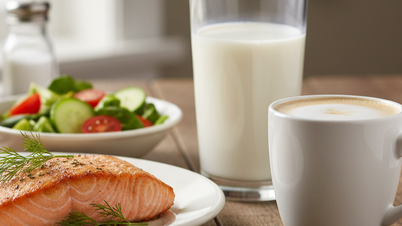


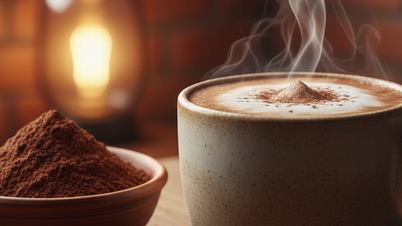
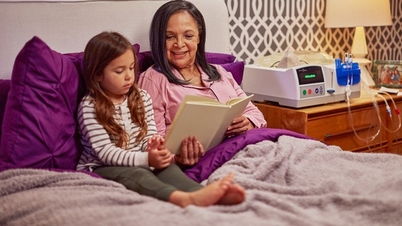

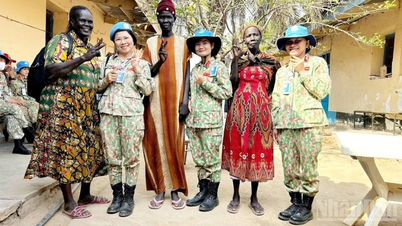
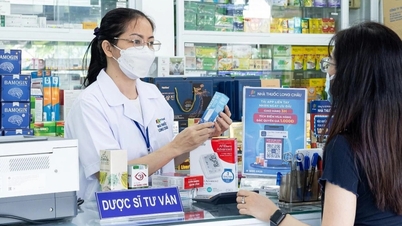






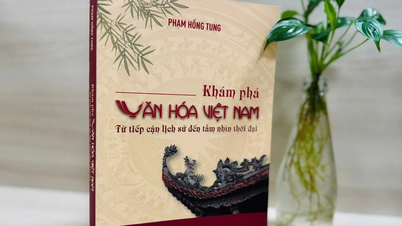

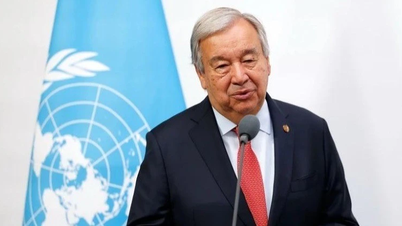
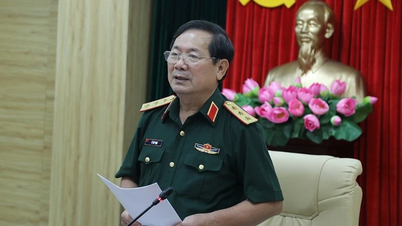
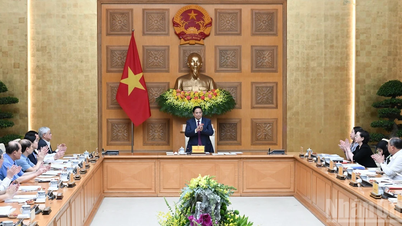
![[Photo] The Steering Committee of the 2025 Fall Fair checks the progress of the organization](https://vphoto.vietnam.vn/thumb/1200x675/vietnam/resource/IMAGE/2025/10/20/1760918203241_nam-5371-jpg.webp)









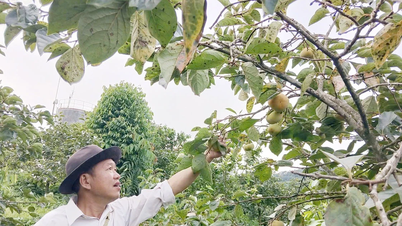

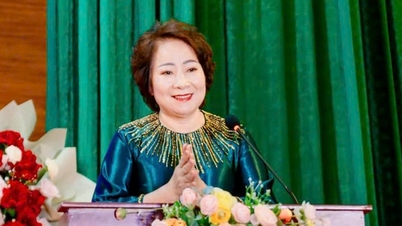











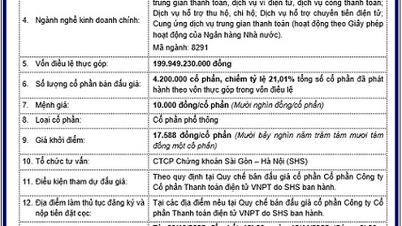
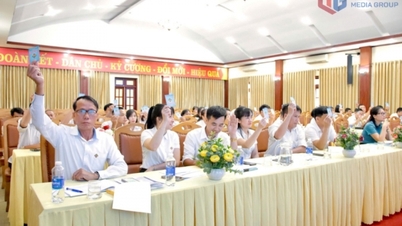

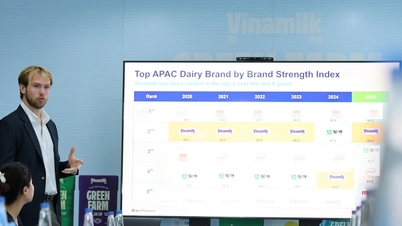








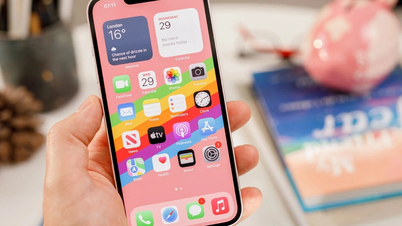
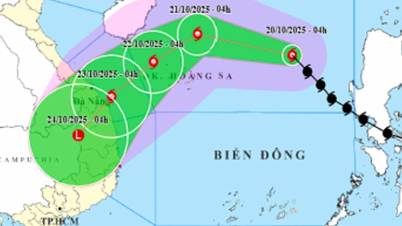

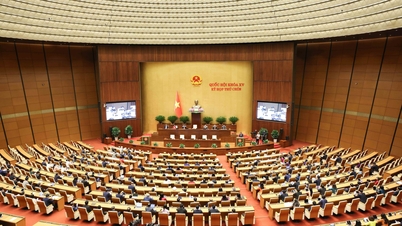






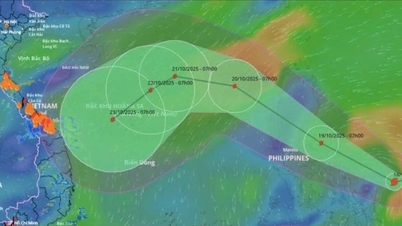



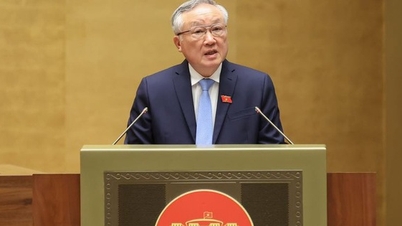







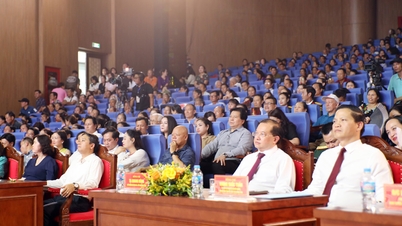














Comment (0)